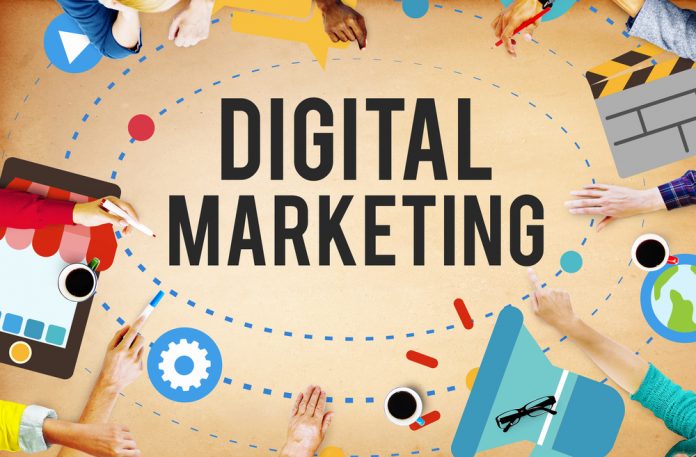In the modern world of hotel digital marketing, we’re well aware that we’re supposed to be collecting data on guests and other topics wherever and whenever we can. We dutifully record how many visits our websites get in a month, or log details of the people who have joined our hotel’s loyalty programme for future reference.
However, it’s common in the travel industry for data to be collected but not acted upon – and this means hoteliers could be missing out on significant opportunities to learn more about their guests and capture future revenue. It also means that marketers are probably spending money on campaigns that aren’t adequately targeted at people who might be looking to use the hotel, which is a waste of a probably already quite tight marketing budget.
Another knock-on effect is that guests may feel the hotel isn’t catering for them and their needs, which could lead to them heading for your competitors next time.The importance of dataBy not only collecting data but also analysing it, hotel owners can achieve a deeper knowledge of their guests and build a clearer picture of their requirements, behaviour and expectations. They can then use this to forecast profitable customers for the future and target them with marketing campaigns, eventually achieving the long-term goal of attracting new business. Where to get data fromIn short, you need to be both reactive and proactive with your data. But where should you get it from? Well, the first place to start is Google Analytics, but you can also mine social media platforms like Facebook.
What you want is a data analytics approach that pools information from multiple digital channels so that you can see a wider picture of would-be guest behaviour as well as numbers relating to your current customers. Don’t forget to also include feedback polls, surveys you have carried out and forms that have been filled in via booking engines.What to look for in your data If you analyse your digital efforts in detail, you should be able to gauge the return on investment for individual parts of your strategy. For example, you will be able to work out how many hits your blog is getting and whether a particular email campaign resulted in new newsletter signups.It should also allow you to find out how many conversions each marketing channel is winning for your hotel, as well as potentially surprising information.For example, you might have assumed that spa guests who visit once in a year and splash out on all of your expensive products are especially valuable to your revenues.
However, upon closer inspection, it may be found that it is the quiet business guests who check in once a month and don’t make any use of your room service or added extras are actually making more of a positive impact on your bottom line. You can use this information to target more business guests and focus less on your spa business.The impact of good data analyticsIn-depth analysis of data will be able to help you gain valuable insights into your past business as well as achieve predictions for the future. Guests are leaving a trail of breadcrumbs at every stage of the research and booking process, so it’s essential to mine that information and turn it into actionable goals.
In the past, hotels relied on customer service to achieve success, but they are increasingly being expected to anticipate their guests’ needs without them having to ask in order to be seen as superior. Data analytics could help your hotel to do this.







